As much as I would love to pretend that I have been perfect, never made a mistake and that the entire journey has been spotless. That would be a huuuuuge lie! In this newsletter I would like to put my cards on the table and reveal my 3 biggest mistakes in coaching and what I have learned from them.
1. Falling In Love With A Philosophy And Only Using That Approach Regardless Of The Client
I have made this one a couple of times. Firstly at the beginning of my career and the second about 3 years in. I am sure this is the same for quite a few trainers when they are at the beginning of their career.
You finish your PT qualification, and are quickly looking for a course/ guru who will help you stand out by being more advanced or different.
I suppose this is good in some ways, as you are looking for a fast track to learning and there is usually a reason why these courses/ gurus are as successful as they are.
So one of the big guru's that I followed religiously was Charles Poliquin. Charles was extremely knowledgeable, had a highly impressive track record with Olympians as well as NFL and NHL athletes.
Charles had some seriously in depth knowledge of strength training, supplementation and nutrition. He just made sense. He was very funny and also an elitist. Something that appealed to me at the time as I wanted to be the best.
The issue I had, was that I started to close my mind and dismiss anything that contradicted or didn't fit into his philosophy.
For example, low carb nutrition was very much the big thing when I first started. It was the best strategy for weight loss, improving insulin sensitivity, hormonal regulation and anti inflammation.
The problem was... I was taking this approach with EVERY CLIENT! Surprise, surprise not every client could stick to it, nor did particularly well on it and in some cases low carb made clients worse.
Charles's advice was not incorrect.
I had just assumed that this was the best approach for everyone because... science... and if Charles said so then it must be...
I thought to myself "If it is the best strategy that all the best coaches use then surely everyone could and should do it".
I didn't understand... It must be the clients fault in some way. Maybe they were lying to me, or just didn't want the results as badly as they said they did.
Thankfully I have since learned that carbohydrates are not evil, have many benefits in terms of recovery, nutrient density and fiber. Low carb is great... for some people...at certain times...for certain goals.
Some of the knowledge I had acquired from Charles was highly specialized and probably applied to the top 10% of my clients that were "hardcore"... the rest... well... I didn't have an effective way to coach them at the time. I had not yet opened my mind up to the possibility that there may be other more effective approaches out there.
Since moving on from these early mistakes, I am still grateful for the knowledge I acquired from Charles, but I have learned that it is extremely important to keep an open mind. Learn from many different coaches, take what is useful to you (and more importantly your demographic of client), and create your own philosophy or system that works.
The more I study, the more I realize I will never know it all. Many things will keep changing every year in terms of what is good for us and not so good for us. I am ok with that. So I now keep an open mind, continue to learn, adjust and evolve as a coach.
2. Having No Regression/ Progression System In Place For Clients
When I first started, I would have an idea of what exercises did what. You would switch them on the fly to suit the program or the client.
Even after enhancing this by learning a program design and exercise system from a coach or two, this would work, but only up until a certain point.
I remember doing two or three courses, that were excellent, however they were targeted more at an athletic population than your average Joe.
The system had progressions and regressions that made sense and I thought were applicable to everyone, even the "Mrs Jones's" of the world.
I could use the progressions and regressions up until a certain point, but when even the most basic exercises didn't work I had nowhere to go.
For example, I would teach a split squat to someone with a controlled tempo. I used as many types of que as I could to try to get the message across. I demonstrated the exercise (visual), I explained how it worked (verbal) and also tried to talk someone through it giving them physical ques as they performed it (kin-aesthetic). None of it worked...
I thought to myself, is this person retarded? Am I coaching it right? What is going on? How am I going to get these people results if they can't even do this? And etc...
Another challenge was the fact that clients found some of the exercises and programs boring. It was all slow, controlled and the program had to be followed exactly to be effective. If client didn't follow this it was extremely frustrating.
Thankfully it was later on that I figured out that these people were in fact not retarded... I had coached the exercise correctly, but what I had not done was given them the correct regression for the exercise.
I had not conceived that I needed to make the exercise as easy as possible. I had to build that client's confidence, repeat the fundamentals of the movement pattern enough times for it to become second nature. Once we had done this they would be ready to move on.
Funnily enough when I later came across the same road block, the client was able to learn the regression and quickly move onto the progression.
It was only later on with more experience, learning and having an open mind that I was able to pinch things from different coaches/ gurus and create my own system.
I now actually limit myself to choose only the 7 essential and most effective exercises for each movement even though there may be 50+ variations for squatting, bending, pushing and pulling.
Since implementing this, I have had far more flexibility to work with a vast array of clients. I have been able to readily adapt when I have needed to suit the client's level. I get stuck far less frequently now and can meet the client where they are, not where I want them to be. Sessions have become much smoother and the client experience far better.
3. Over-Complicating Nutrition
This is probably one of my biggest mistakes. Nutrition plays as big a factor in weight loss as exercise. That is to say they as important as each other. The whole 70 % nutrition and 30% exercise thing is inaccurate.
I spent a lot of time reading and learning from some of the world's best body transformation coaches, strength coaches and nutritionists. For some reason I could not replicate the same results as these guys, even though they had taught me how to use their system and shared their experiences with me.
I tried everything from 2 week bootcamps, ketogenic diets, low carb, calorie and carb cycling, calorie counting, cheat meals and the list goes on. I think maybe 5% of my clients got ok results... slightly disappointing for both of us.
So was it the systems fault? Was it mine? Maybe my clients were just lying to me? Maybe I was just a rubbish coach and needed to do something else with my life?
To cut a long story short, I was prescribing the wrong type of diet to the wrong type of client. I was in fact placing my own agenda of becoming a successful coach onto my clients.
I was trying to give them the most "optimal" diet that would get the best results the fastest. This did not take into account any of their life situations.
Busy with kids? Working and travelling constantly? Suffering from depression? Social and family pressures? I could list many more, but this style of coaching took none of these into account.
My approach was all wrong. I had no idea how to coach nutrition regardless of the technical knowledge I had acquired.
Thankfully I have since learned to improve the way I coach nutrition to clients. I now am much better at meeting clients where they are, not where I want them to be.
I now have learned the skill of collaborating with clients to identify their biggest limiting factors. Together we work to find a solution that they are confident they can do according to their individual circumstances. The results have been substantially better since.
I hope you enjoyed that and got a little bit of an insight into some of the challenges I have faced during my coaching career. It can be immensely frustrating at times, especially when you invest so much money and travel time to learn things that eventually yield little or no results.
Self doubt and a lack of direction can constantly creep in, so reflecting back on experiences such as this is a lovely way to acknowledge how far I have come.
I know now that there is no end point. Thankfully I am learning that it is all part of the bigger picture and very important to go through.
For more mistakes I have made stay tuned for part 2. Here I will talk about how I lost my patience with clients in the past, taking short cuts and coaching from a place of perfection and not reality.
Yours in health
Patrick Fallis
Founder of Leaner
www.leaner-uk.com


